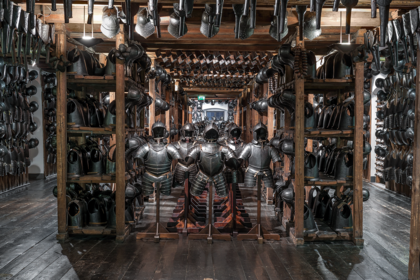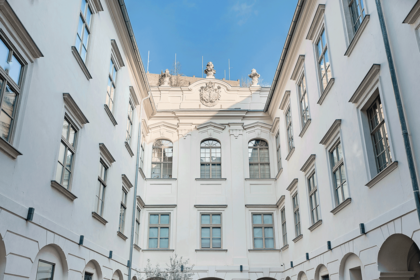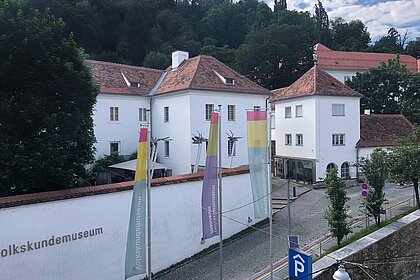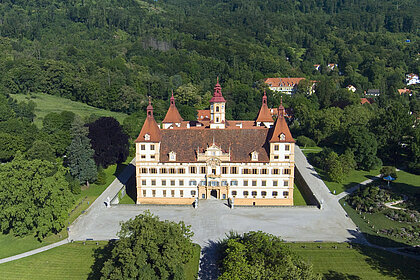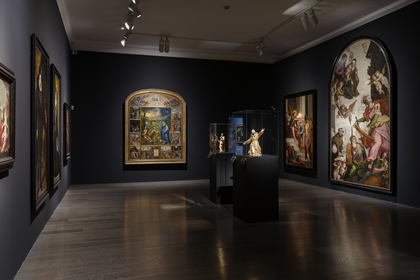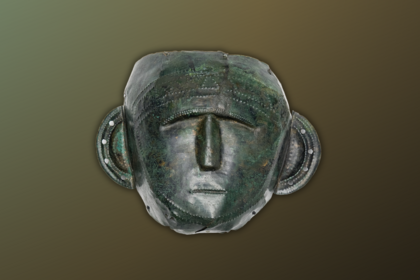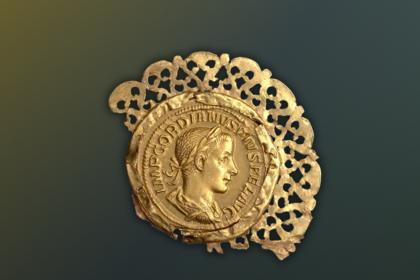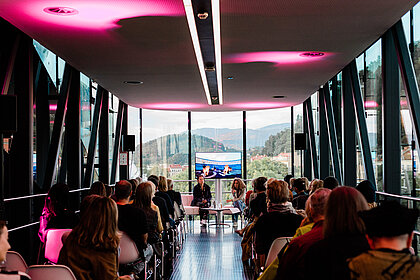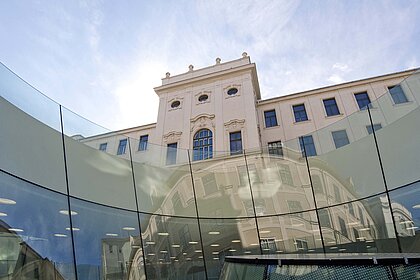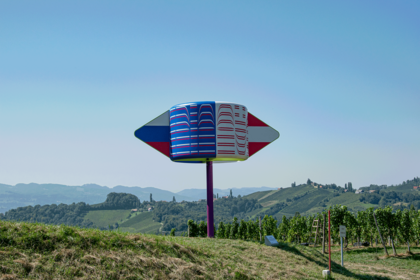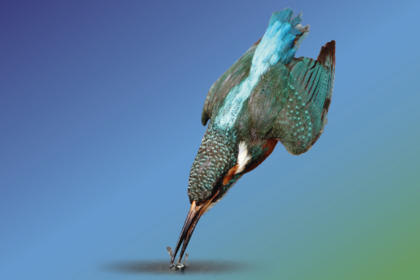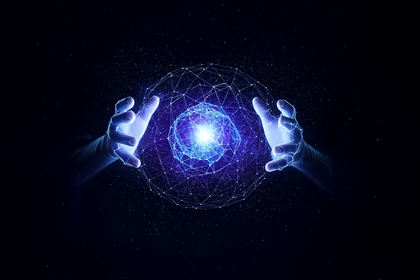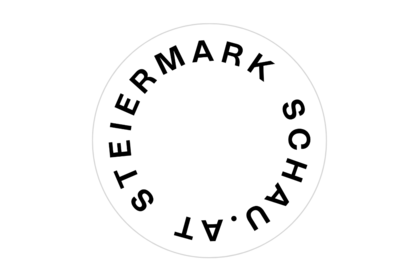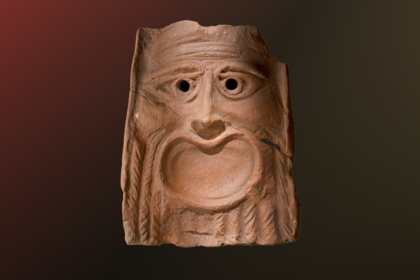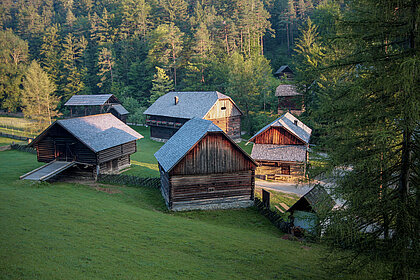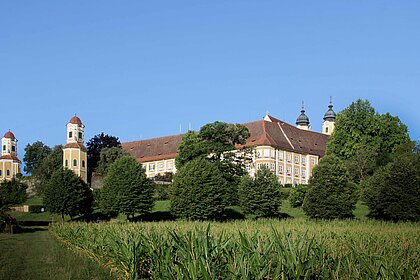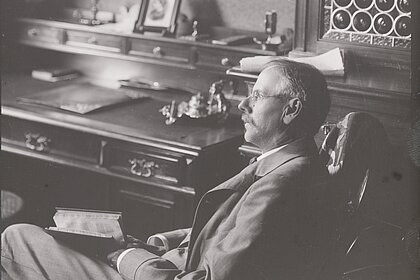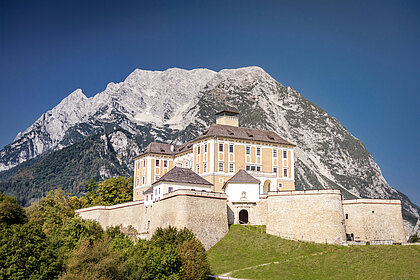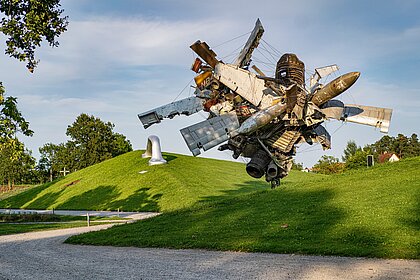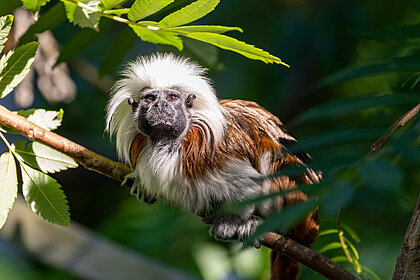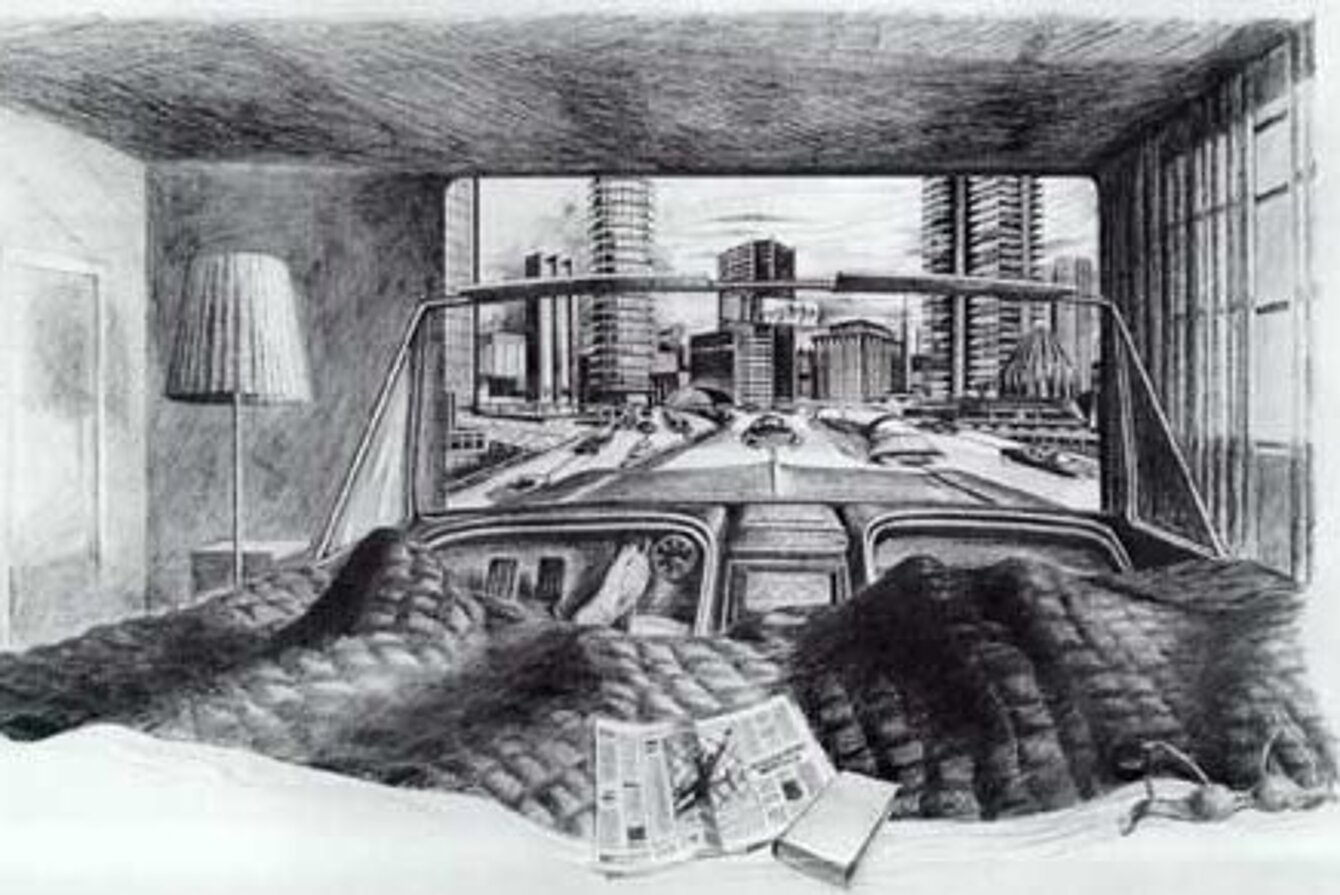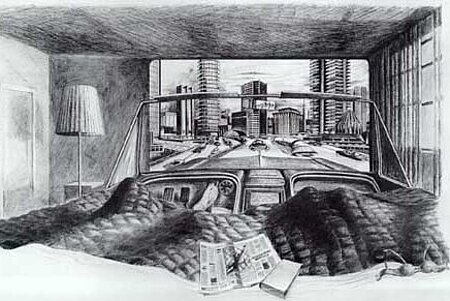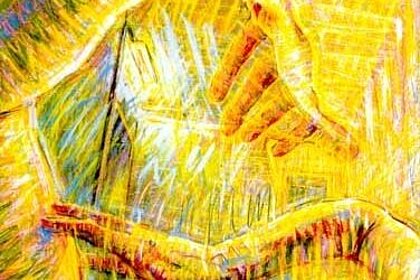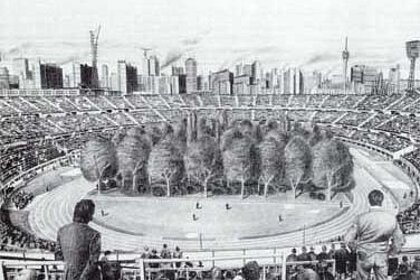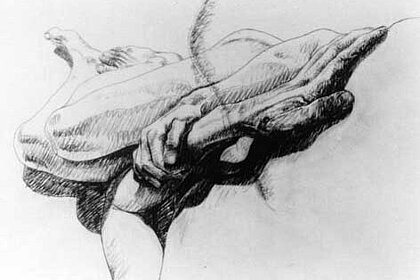Max Peintner, who was born in 1937 in Hall in Tirol and now lives in Vienna, first worked as an author of books on architectural history. Since 1969 he has been involved with the fine arts, mainly as a graphic artist and painter. His works from the seventies are predominantly large-format, futuristic visions, precise realistic representations of unreal panoramas portrayed in a superrealistic way, whilst these panoramas anticipate the world of cyberspace and fully mediatised surrounding. From this insight into the technical explosion of a civilisation based on machines he developed, again avant la lettre, an ecological criticism of society. Hence the central theme of his fantastical worlds is the destruction of nature and the environment. Just as he once drew the technical dreams of man, he now shows the nightmares. From 1976 on he abandoned his criticisms of civilisation and, on the basis of Mach's research and in the tradition of Berkeley (esse est percipi), dedicated himself to the portrayal of visual experiences and the perception and illustration of visually non-perceivable things such as wind in the face. Observing the world led to an observation of the media. His criticisms of the world of media and perception via technical means led to the examination of the mechanisms of natural perception in the onlooker. Self-perception and the perception of the world overlap.
So Peintner also interpreted his landscapes as dream-like visions, from which one could infer the character of the dreamer. From the late seventies onwards Peintner has also used oil pastels. In order to effectively convey the contents, philosophical reflections always accompany Peintner's drawings and paintings. Since the eighties, one of his chief themes has been self-presentation, repeatedly within the context of the phenomenon of perception.
For Peintner, self-portrayal is an appropriate medium for the portrayal of the perceived environment and how it is technologically implemented in cyberspace. His endeavours are an attempt at an analytical representation of the feelings and sensations of the I, in the shape of a reproduction of the I. The Neue Galerie dedicates an exhibition in the Graz Künstlerhaus to an extensive retrospective of the work of this important Austrian artist.
Peter Weibel
